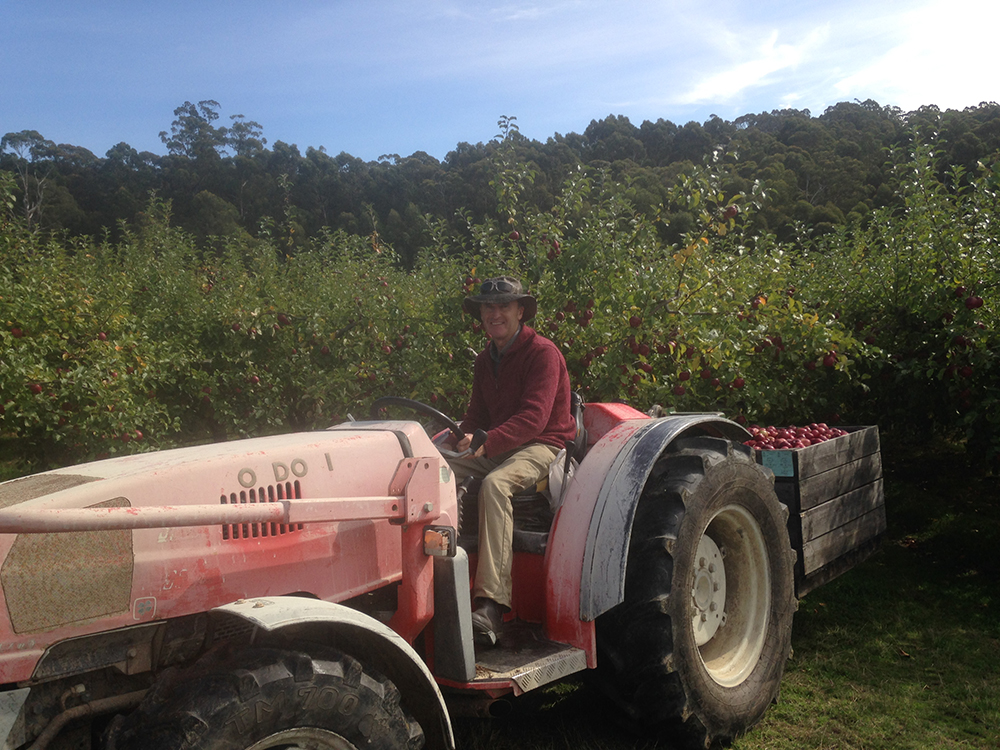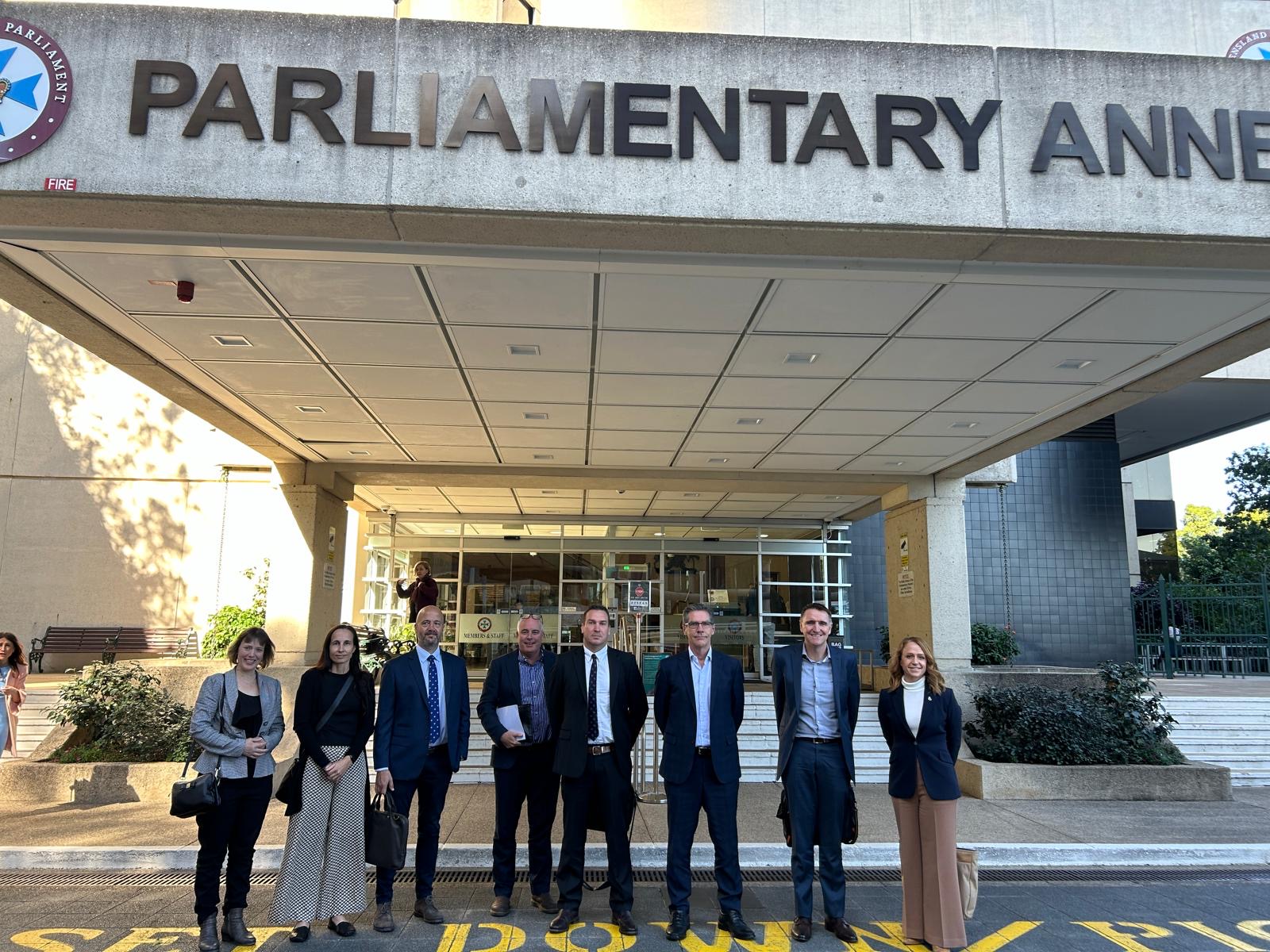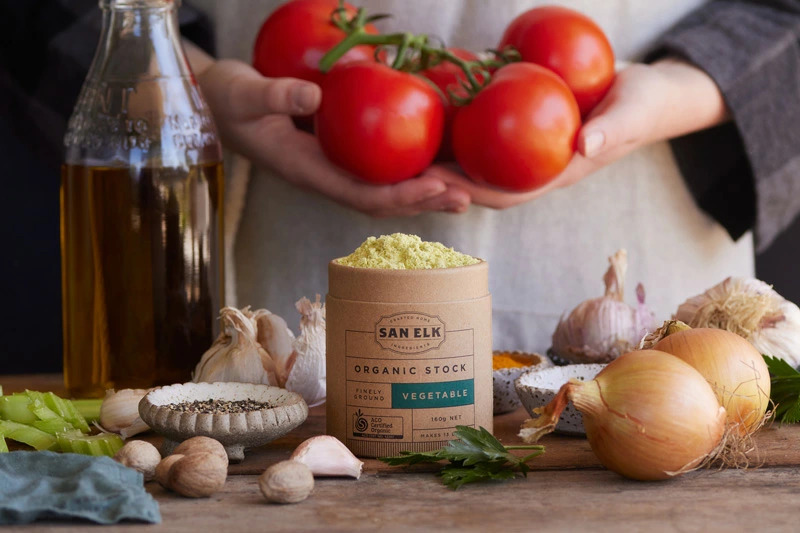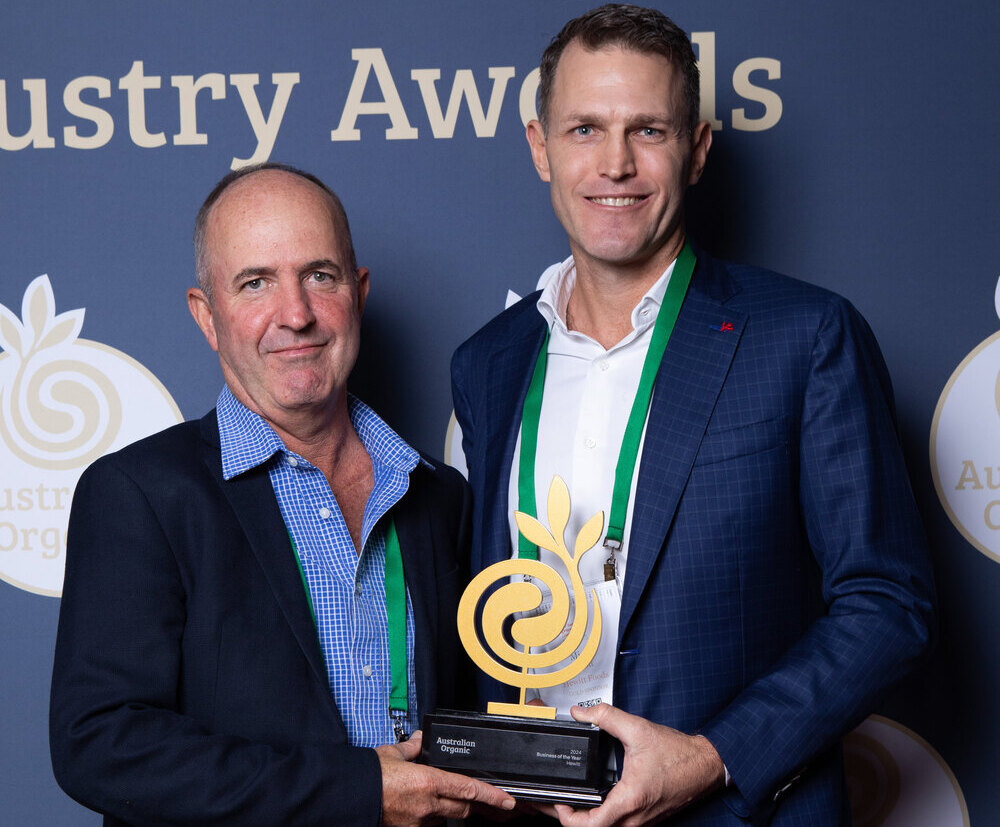FED UP with products labelled as organic, when they are not certified, Tasmanian cattleman Rex Williams is calling on the Federal Government to establish a standard domestic regulation.
Mr Williams, who has two decades of experience as an organic producer, said domestic regulation was the only way the industry could weed out fake organic products currently reaching the shelves and misleading consumers.
“Without domestic regulation in place, producers can make false claims with almost impunity. The standard domestic regulation, I believe, will mean falsely claiming to be organic will become a risk they will no longer be willing to take,” Mr Williams said.
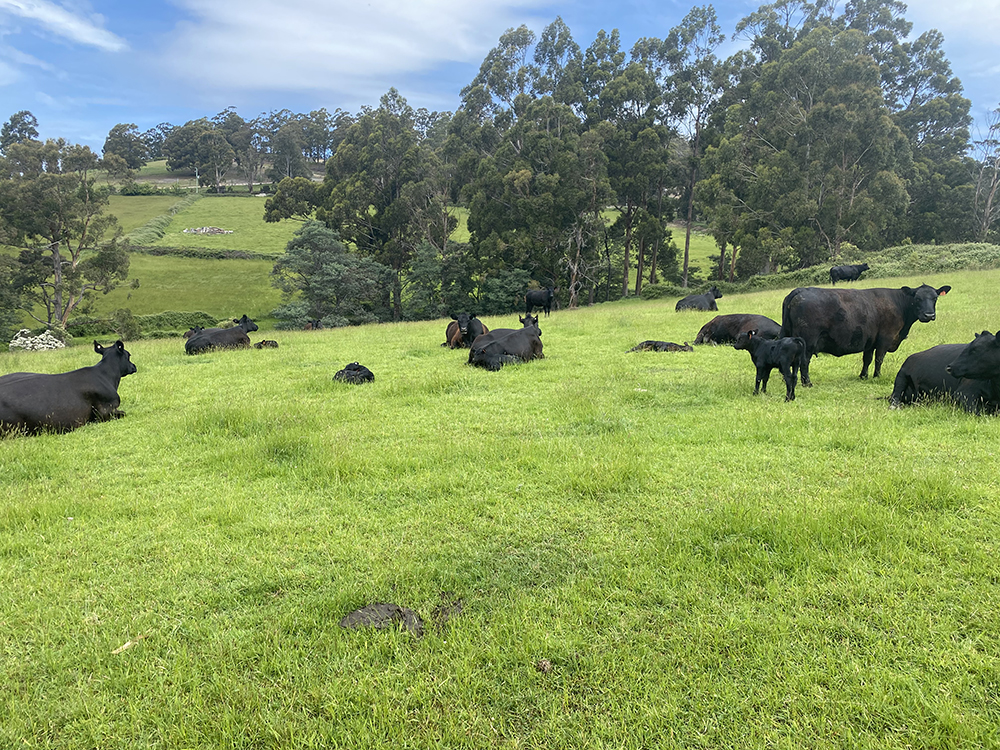
In response to these concerns, Minister for Agriculture, David Littleproud formed the Organics Industry Advisory Group in December 2020 to represent producers, manufacturers, exporters, importers, and retailers to gather their recommendations for a revamped organic standard.
Currently, Australia is one of the only developed nations in the world not to have its own domestic standard for use of the word organic when labelling and marketing products, which has created bottlenecks for exporters reaching new markets and means products on supermarket shelves can be misleading when claiming to be organic.
Chief Executive Officer of peak industry group, Australian Organic Limited (AOL), Niki Ford, who is part of the Industry Advisory Group, said a standard regulation would bring much-needed peace of mind to consumers.
“Anyone paying for a product should have certainty that it is what it claims to be on the label,” Ms Ford said.
“Australia has a thriving $2.6 billion organic industry that, given the quality of our offering, is ideally positioned to meet burgeoning demand for organic product from both local and international markets, but is being let down by the lack of mandatory certification for food and products carrying an organic label.
“For farmers and exporters, a mandatory standard will create much-needed consistency and help streamline their access into more international markets. Right now, there are businesses being forced to pay separate fees to meet specific regulations in each individual customer country.”
Mr William’s mixed-enterprise business Kelty Farm, which produces premium Angus beef, pork and apples at Woodbridge, 40km south of Hobart, has been classified organic for more than 20 years with his products displaying the Australian Certified Organic Bud trademark logo.
Maintaining his classification involves regular audits where everything from his farm’s soil, management practices and the end product are closely examined.
“When we started the journey of transitioning this property from a conventional farm to being fully organic, we knew it was essential to do this wholeheartedly. It is vital for our customers to know our production practices are being upheld to a strict standard,” he said.
“For growers like myself, we rely on the integrity of the certification process to make that guarantee to our customers.”
Mr Williams said the Bud was best positioned to be the national mark for certified organic goods, as it already had widespread recognition.
“The Bud logo also has a certificate number that buyers can look up to see exactly where and how the product was produced on the certification body’s website,” he said.
“I have great faith in the future of the Australian organic industry, if we can secure our domestic regulation, producers like myself can continue to position ourselves to attract premium prices from a growing market of consumers eager on purchasing from trusted organic farmers,” he said.
